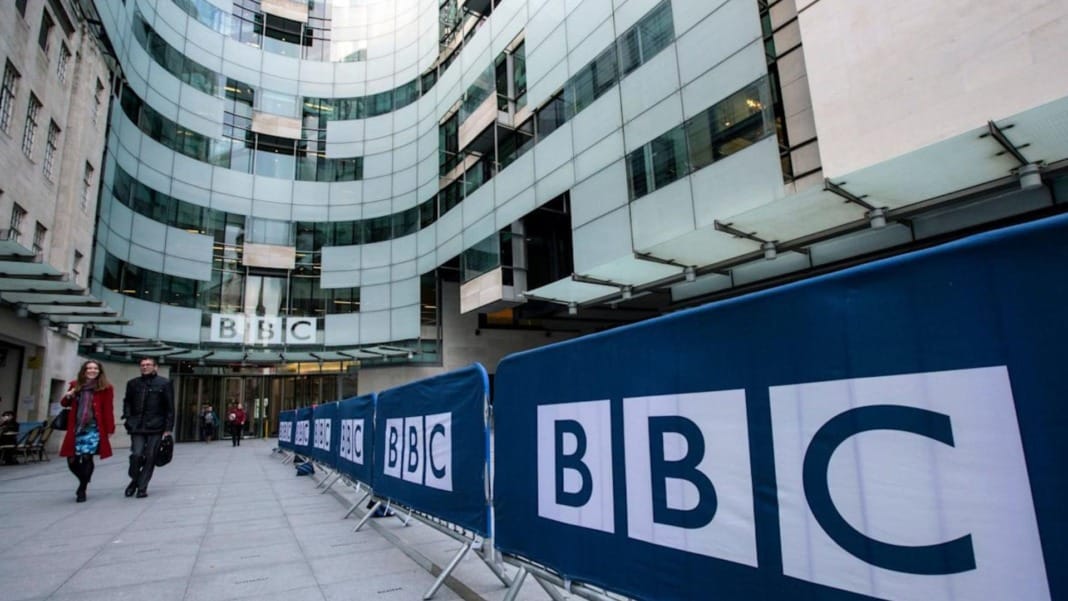The BBC has taken a strong step to ensure its work gets the recognition it deserves. In a formal complaint to the UK’s Competition and Markets Authority (CMA), the broadcaster said that news platforms like Apple News and Google News are not giving enough credit to original news sources. This issue affects the BBC and other publishers who work hard to produce trusted news.
BBC wants its work credited
When you read a story on Apple News or Google News, you might notice that it’s not always easy to tell who wrote it. The BBC says that these platforms are making it look like the content comes from them when, in fact, it’s created by publishers like the BBC. In its complaint, the BBC said that this takes away from the public’s understanding of where the information comes from.
“If audiences derive value from our content and services but attribute that value to gatekeepers instead of the BBC, then that undermines the perceived value of the BBC,” the broadcaster explained. People may enjoy reading BBC stories on these platforms but think the content is from Apple or Google.
The BBC argues that if people don’t realise they’re reading its journalism, they won’t see the full value of what the BBC offers. This could be a serious problem for the broadcaster since it relies heavily on public support.
Licence fee support at risk
The BBC is not a commercial organisation. Instead, it receives most of its funding through a licence fee paid by households in the UK. That means every household that watches or records live TV or uses the BBC iPlayer must pay this fee. Because of this, the BBC needs to show that it is providing good value for money. If its work is hidden or appears to come from other platforms, people may question why they’re paying the licence fee.
This makes the issue more than just one of pride or proper credit. It’s also about the broadcaster’s ability to stay funded. If the public does not see the BBC’s work or know that it came from the BBC, support for the licence fee could drop.
Apple and Google may face broader changes
While the CMA only deals with companies in the UK, any changes it forces Apple and Google to make will likely affect how they show news from other countries, too. These big tech companies usually apply the same design and policy updates. So if they’re told to make news sources more visible in the UK, you could see similar changes wherever you live.
This isn’t the first time the BBC has raised concerns. Recently, Apple paused its AI-written news summaries following complaints from the BBC and other news outlets about accuracy problems. That shows the BBC is keeping a close watch on how its content is used and is ready to speak up when it thinks something is unfair.
Ultimately, this complaint is not just about credit—it’s about trust, value, and the future of public service journalism. The BBC wants to ensure that when you read a story it produced, you know it came from them.





